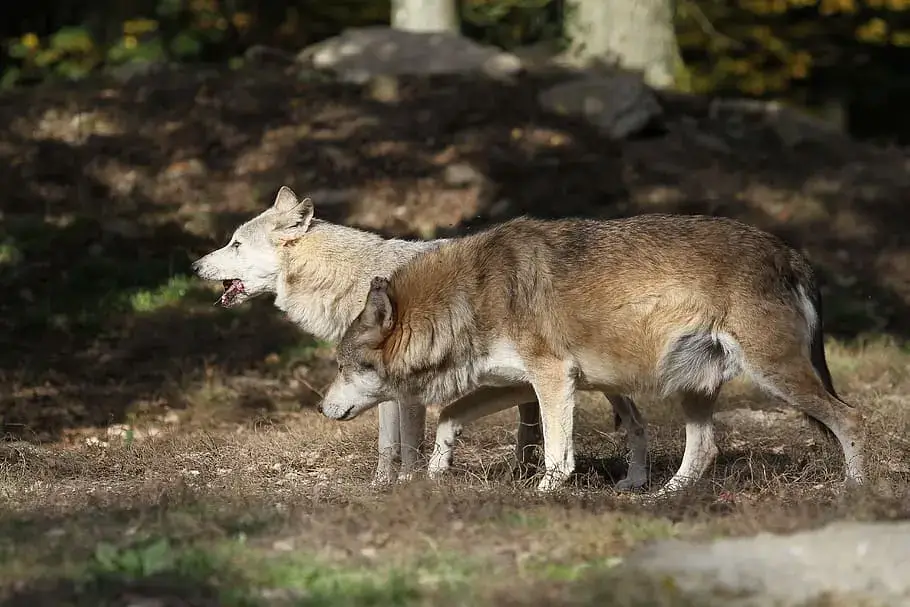Wolves are magnificent creatures that are known for their hunting prowess and their ability to thrive in harsh conditions. Understanding their nutritional needs and eating habits is crucial to their survival.
In this article, we will explore how much a wolf can eat in a day, the science of wolf nutrition, the digestive system of a wolf, diet variations, and the consequences of overeating and starvation.
The Science of Wolf Nutrition
Wolves are carnivores, which means they rely on a diet consisting primarily of meat. Their nutritional needs vary depending on their age, sex, and activity level. In general, a wolf needs to consume approximately 2-4 kilograms of food per day to maintain its body weight.
Factors that affect how much a wolf eats include the availability of prey, the season, and the size of the pack.
The Digestive System of a Wolf
The digestive system of a wolf is designed to efficiently digest and absorb nutrients from its prey. Wolves have a relatively short digestive tract, which allows them to quickly digest their food and extract as much nutrition as possible.
Their stomach can expand to hold up to 20% of their body weight, which allows them to consume large amounts of food when it is available.
Diet Variations
The diet of a wolf can vary depending on its geographic location, environmental factors, and seasonal availability. For example, wolves in the Arctic may rely on seals for their primary source of food, while wolves in other regions may hunt smaller prey such as rabbits and rodents.
Wolves may also change their diet based on the availability of prey during different seasons.
Overeating and Starvation
Overeating and starvation can both have significant consequences for wolves. Overeating can lead to obesity, which can make it more difficult for wolves to hunt and move around.
In extreme cases, overeating can lead to death. Starvation can also be deadly, as it can lead to a weakened immune system and organ failure.
Related: When Can Wolf Pups Eat Meat?
Conclusion
Understanding the nutritional needs and eating habits of wolves is crucial to their survival. Wolves need to consume approximately 2-4 kilograms of food per day to maintain their body weight. Their digestive system is designed to efficiently digest and absorb nutrients from their prey.
Diet variations can occur based on geographic location, environmental factors, and seasonal availability. Overeating and starvation can have significant consequences for the wolf population.
By understanding wolf nutrition and eating habits, we can help preserve these magnificent creatures for generations to come.
